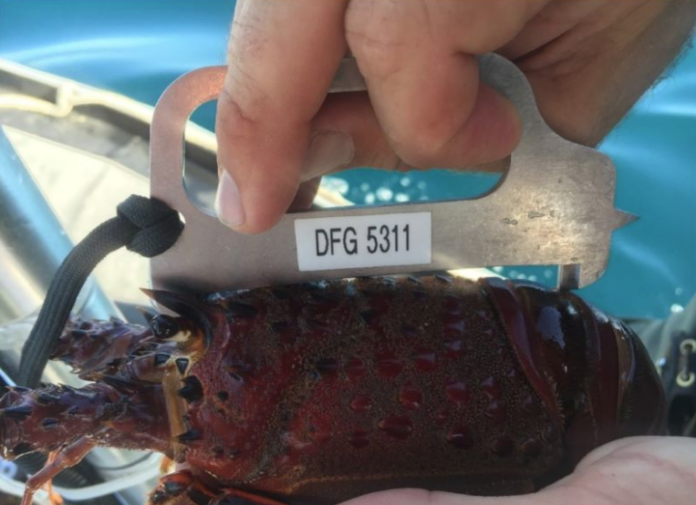During its Oct. 12 meeting, the California Fish and Game Commission adopted recommendations from the California Department of Fish and Wildlife (CDFW) to revoke the commercial fishing licenses of two Southern California commercial fishermen, Michael Volaski and Arthur Esparza.
CDFW recommended a five-year suspension of Volaski’s lobster operator permit and commercial fishing license. Volaski is a commercial lobster fisherman from Oxnard. The revocation stems from a three-day hearing in front of an administrative law judge who listened to testimony from Volaski and CDFW regarding Volaski’s history of violations in the lobster fishery. CDFW wildlife officers recounted multiple incidents and documented violations, which included leaving lobster traps in the water after the close of the season, failing to retrieve a closed and baited lobster trap from the water after the close of the season, unlawfully placing traps within 750 feet of a public pier or jetty and three separate occasions undersized lobsters were found on Volaski’s vessel.
In the matter against Esparza, a commercial lobster fisherman from San Diego, CDFW recommended a lifetime suspension of his lobster operator permit and his commercial fishing license, both issued by CDFW. During the May 1, 2023, hearing, wildlife officers detailed 17 diverse violations of the Fish and Game Code and regulations adopted pursuant to the Fish and Game Code. Some of these violations included the unlawful taking of undersized commercial lobster on six separate occasions, the unlawful taking of lobster in the La Jolla State Marine Reserve and the South La Jolla State Marine Conservation area, failing to service lobster traps, failing to maintain and complete lobster logs, unlawfully tagged lobster traps and the unlawful take of finfish with a lobster trap.
Whether it’s hunting, recreational fishing or commercial fishing, the opportunity to take and possess fish and wildlife resources in California requires a high degree of mutual trust between law enforcement and the public. CDFW’s wildlife officers are entrusted with protecting the state’s precious marine resources by patrolling and enforcing the law along California’s vast 840-mile-long coastline. CDFW must be able to rely on commercial fisherman to comply with laws and regulations, including avoiding Marine Protected Areas. Those who do not comply erode the trust between CDFW and the public, including the law-abiding fleet, and threaten the sustainability of coastal ecosystems.
“The majority of people who fish commercially are law abiding and care for the resource,” said Nathaniel Arnold, Acting Chief of the CDFW Law Enforcement Division. “There are a few individuals, however, who choose to partake in commercial poaching. These individuals will eventually be caught and will likely lose the privilege to commercially fish in this state through either criminal or administrative actions.”




